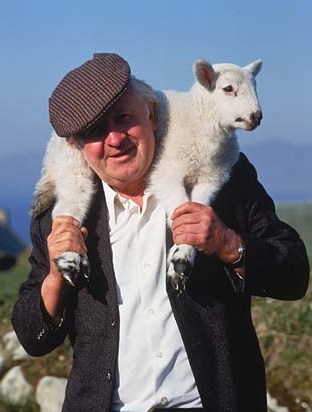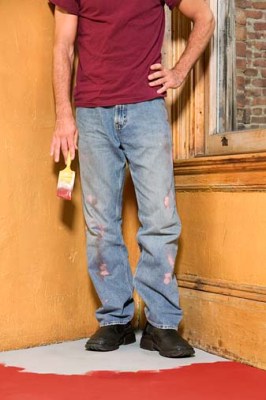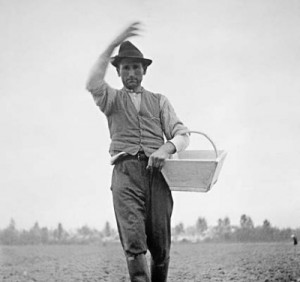 Some of the rules have changed.
Some of the rules have changed.
- Time Magazine, in it’s provocative “Ten Ideas Changing the World Right Now,” reports that having a job is cool again. Rather than regarding employment as a necessary evil to be escaped as soon as possible, jobs are now considered an asset. (Nothing like losing something to recognize its worth, I guess).
- Someone just told me about his father, who for eight years tried to make a go of his home-based business and now, in his 60s, realizes the need for an employer. He’s finding it difficult.
- My favorite job/career-hunting book, What Color is Your Parachute?, which has been updated annually since 1970, was back on the best-seller list in December.
So with the new demand for paying day-jobs and the shortening supply, I thought it might be helpful offer some strategies for improving your chances. [click to continue…]
{ Comments on this entry are closed }
 Maewyn Succat. Bet you never thought to hang that name on your son. But Maewyn wasn’t from around these parts, and his name apparently suited him as he grew up in his native Wales.
Maewyn Succat. Bet you never thought to hang that name on your son. But Maewyn wasn’t from around these parts, and his name apparently suited him as he grew up in his native Wales. It all started with an idea in the mind of a four-year-old. Cassie certainly wasn’t the first kid to set up shop as a lemonade business. But she’d read about it or seen it on some cartoon or something, and she was inspired.
It all started with an idea in the mind of a four-year-old. Cassie certainly wasn’t the first kid to set up shop as a lemonade business. But she’d read about it or seen it on some cartoon or something, and she was inspired.





